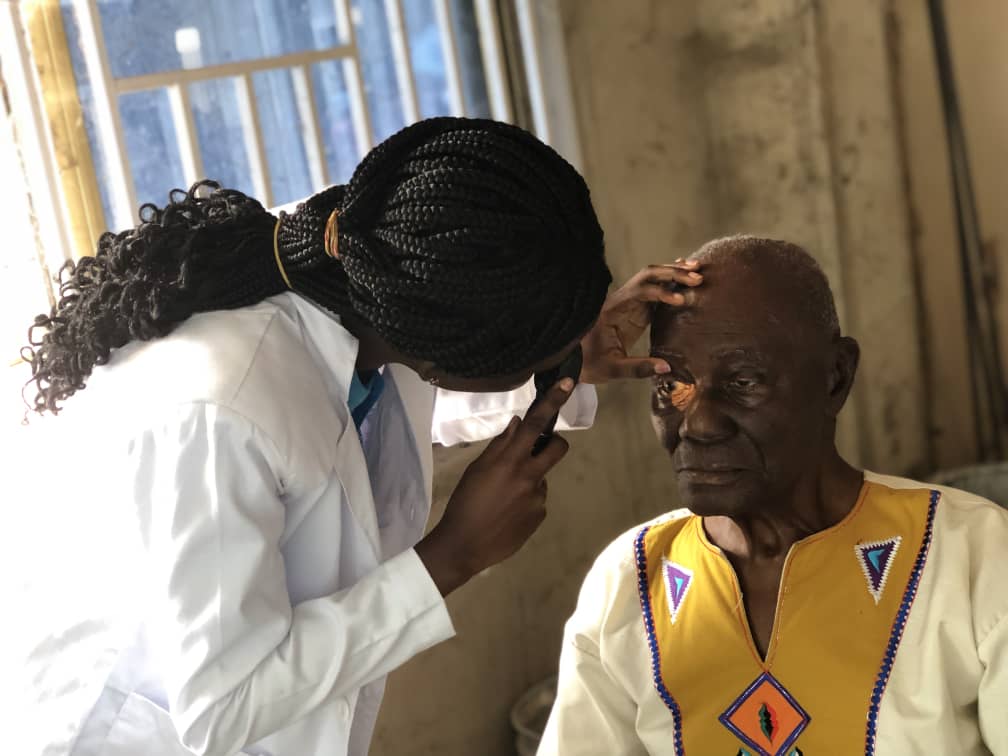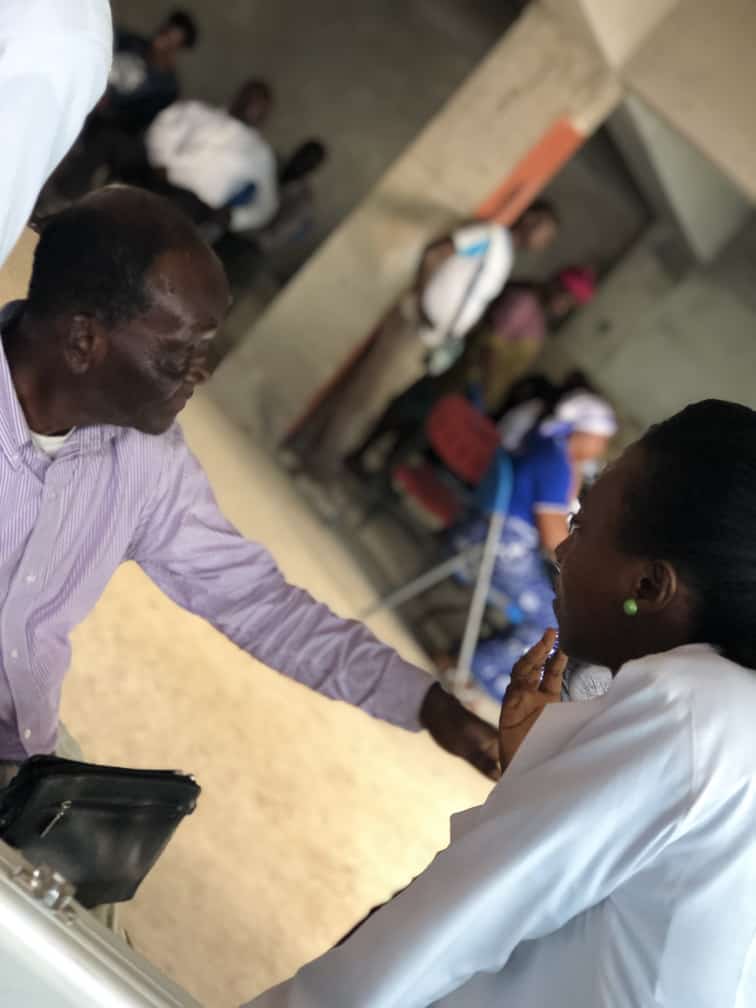Don't Skip Your Primary Care Giver
So I totally understand that as literate and curious individuals, which is a normal human trait, we would want to read up about things, especially when it comes to our health, perhaps our symptoms, the part of our body aching, the specialty that may be in charge of that body.

For instance, you may have read that you should see an Optometrist or an Ophthalmologist if you are having issues with your eye, or the ENT if you are having issues with the ear, etc. Those are very right and doing these may not be wrong in any way however, there are some things we sometimes skip and that's bypassing our primary caregiver.
The Primary Care Giver
When I talk about the primary caregiver, I am basically referring to your physician or doctor, whether it be the family doctor or your own doctor. Do not just wake up and go and see a specialist, talk to your doctor first, let him know that this is what you are experiencing and that you would want to know what the best move is, should you see a specialist.
If need be, most often than not he would recommend a specialist for you, one that he knows and could easily get feedback on your health. Now even if he doesn't know any he is in a better position in the field of health to get you a specialist from his peers. Now someone would ask, why is this even necessary?

This is necessary because as your doctor, he knows whichever existing conditions you may be having and medications you may be taking, now there are conditions whose side effects may appear like other conditions in the body and may not necessarily be anything serious. Although he or she would still want that expert opinion in that case, it would be easier to direct the expert on some of these things and also provide your existing data on your general health.
The last thing I would want to add is that, even in the field of specialty, there are primary care and secondary caregivers. For instance, in the eye industry, it would be ideal to see the Optometrist who is the primary caregiver for evaluation before if need be you may be transferred to the surgeon, that's the Ophthalmologist for secondary care and once again this would be best done or known by your general physician.
Conclusion
And so it is good to be guided by the knowledge that we read even as we try to learn more about ourselves and our conditions or general well-being however we should not do that to the negligence or our primary caregivers as it could make our road to recovery a stressful one which may not be necessary.

Once again, I would want to remind you that your health is your wealth, you ought to take good care of yourself, eat healthily, stay healthy, exercise regularly, and when in doubt please and please again, always speak to a professional, avoid over the counter medications without proper care and I do wish you a wonderful week, it was a pleasure serving you.
Further Reading
Leeder S. (2013). General practice: unity in diversity. The Medical Journal of Australia, 198(11), 571. https://doi.org/10.5694/mja13.c0617.
Machon K. (2017). Optometrists' scope of practice. Clinical & experimental optometry, 100(3), 201–202. https://doi.org/10.1111/cxo.12545.
Donohoe M. T. (1998). Comparing generalist and specialty care: discrepancies, deficiencies, and excesses. Archives of internal medicine, 158(15), 1596–1608. https://doi.org/10.1001/archinte.158.15.1596.
Thanks for your contribution to the STEMsocial community. Feel free to join us on discord to get to know the rest of us!
Please consider delegating to the @stemsocial account (85% of the curation rewards are returned).
Thanks for including @stemsocial as a beneficiary, which gives you stronger support.
Thank you
There are situations where the reverse occurs. Both I and relatives were told many times by our primary physician that we were perfectly okay, but upon insisting we were directed to specialists who diagnosed us as not okay. An example is when I visited several doctors before I was diagnosed with autoimmune disease, or when my primary care physician gave me eye meds that made my eye worse, and the eye doctor was complaining that they told them many times not to try and treat eye conditions cos they're not specialists and these wrong prescription stuff often happens.
That's a very interesting perspective, however i noticed that you mentioned that upon insisting, you were directed to a specialist who assisted in the diagnosis. This brings me to my previous writeup about seeking a second opinion, i don't know if you read that, i think i posted it last week. I am happy to know you understood your right and obligation to yourself as a patient to be able to insist on some of these things, we all need to learn that because health workers are human too and we can sometimes make mistakes.
Always remember you know yourself best and your healthcare provider knows the medicine, healthcare is team work between patient and the doctor or physician.